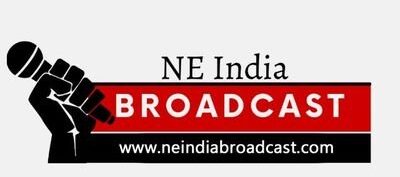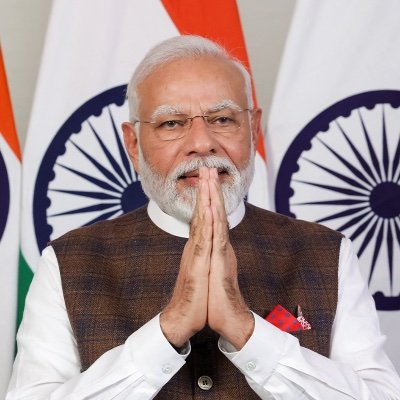The American Think Tank Brookings Institution has noted that India has eliminated extreme poverty, which can be seen through the sharp decline in headcount poverty ratio and stark increase in household consumption
The report, authored by Surjit Bhalla and Karan Bhasin, states that this has been a result of the government’s strong policy thrust on redistribution, which has led to strong inclusive growth in India over the last decade.
The report said high growth and large decline in inequality have combined to eliminate poverty in India. The data show a strikingly lower number of poor people in India, than those estimated by the World Bank.
The Headcount Poverty Ratio at Purchase Power Parity $ 1.9 level has declined from 12.2 % in 2011-12 to 2 % in 2022-23. The authors are of the opinion that the relatively higher consumption growth in rural areas should not come as a surprise given the “strong policy thrust on redistribution through a wide variety of publicly funded programmes.
These include a national mission for the construction of toilets, and attempts to ensure universal access to electricity, modern cooking fuel, and more recently, piped water, the Brookings commentary said.
The rural access to piped water in India as of August 15, 2019, was 16.8 percent, while at present it is 74.7 percent. Under the Aspirational District Program, 112 districts of the country were identified as having the lowest development indicators. These districts were targeted by government policies with an explicit focus on improving their development.
The report further states that elimination of extreme poverty is an encouraging development with positive implications for global poverty headcount rates. This also means that time has come for India to graduate to a higher poverty line much like other countries. “The transition to a higher poverty line provides an opportunity to redefine existing social protection programs particularly with the objective of better identification of intended beneficiaries and providing greater support to the genuine poor”, it adds.

